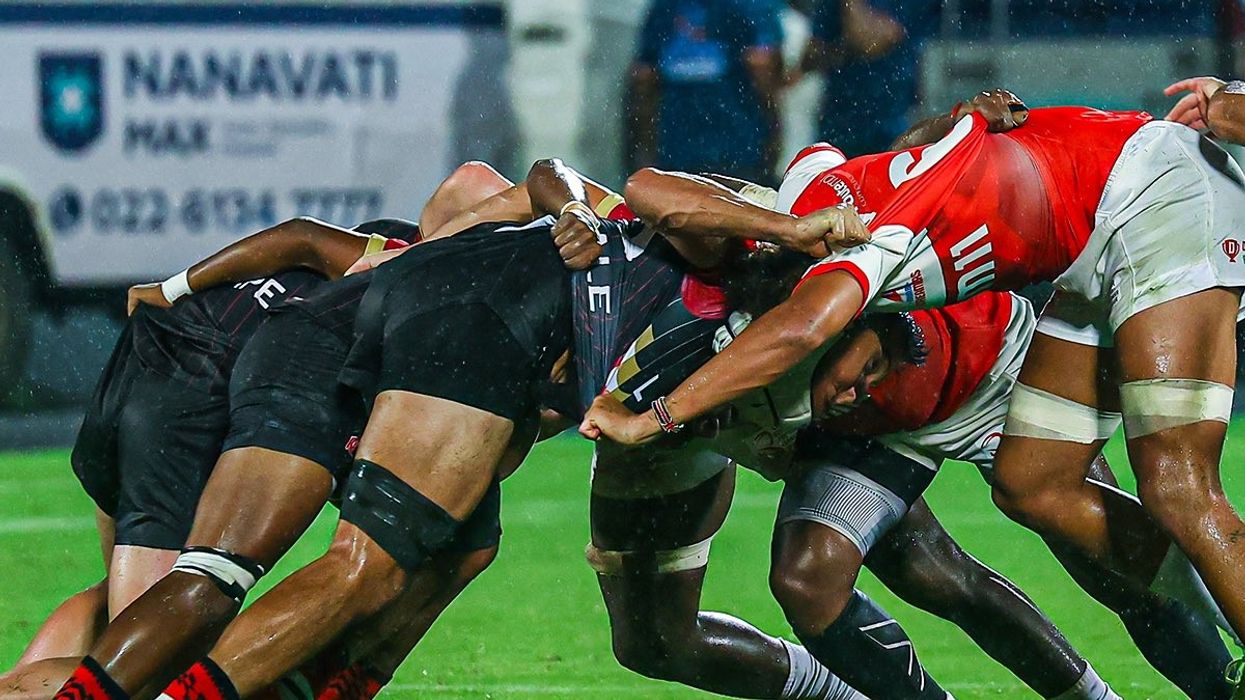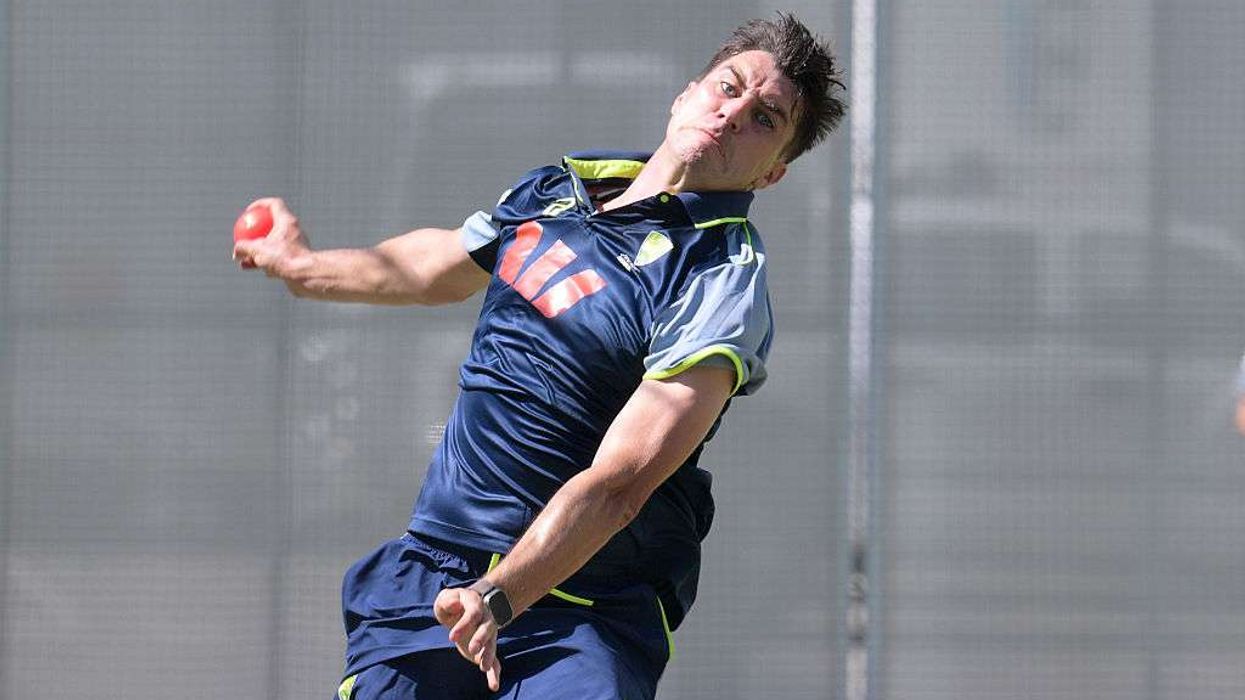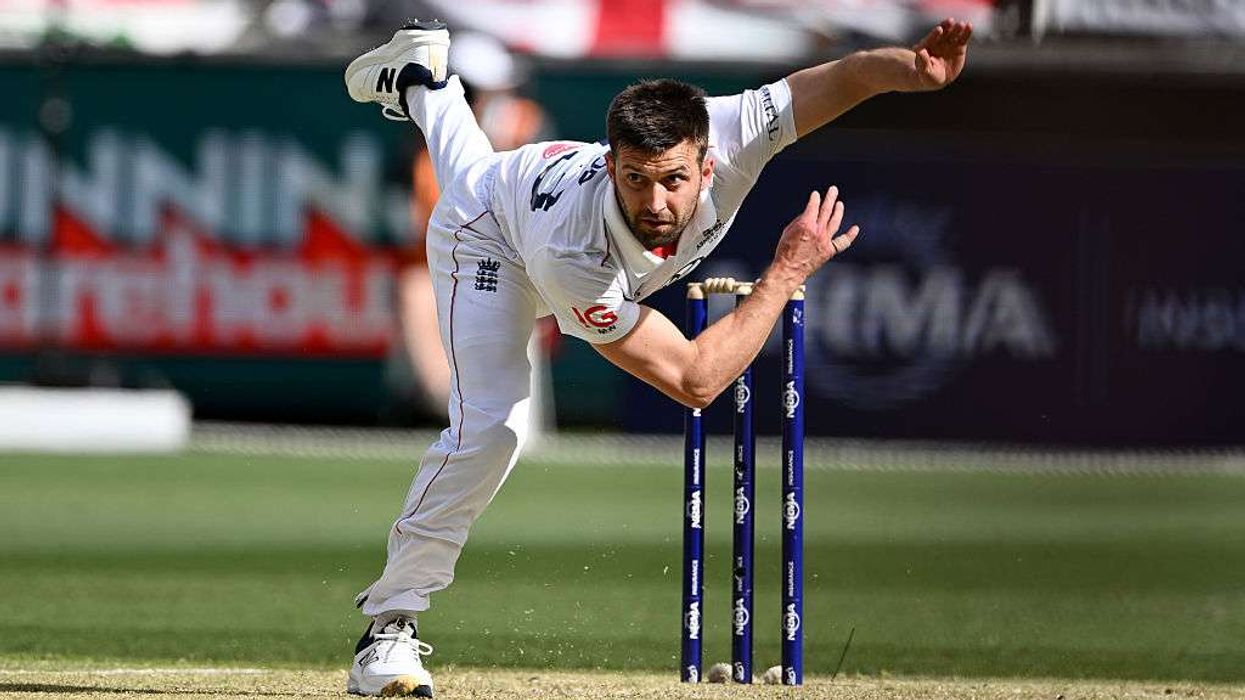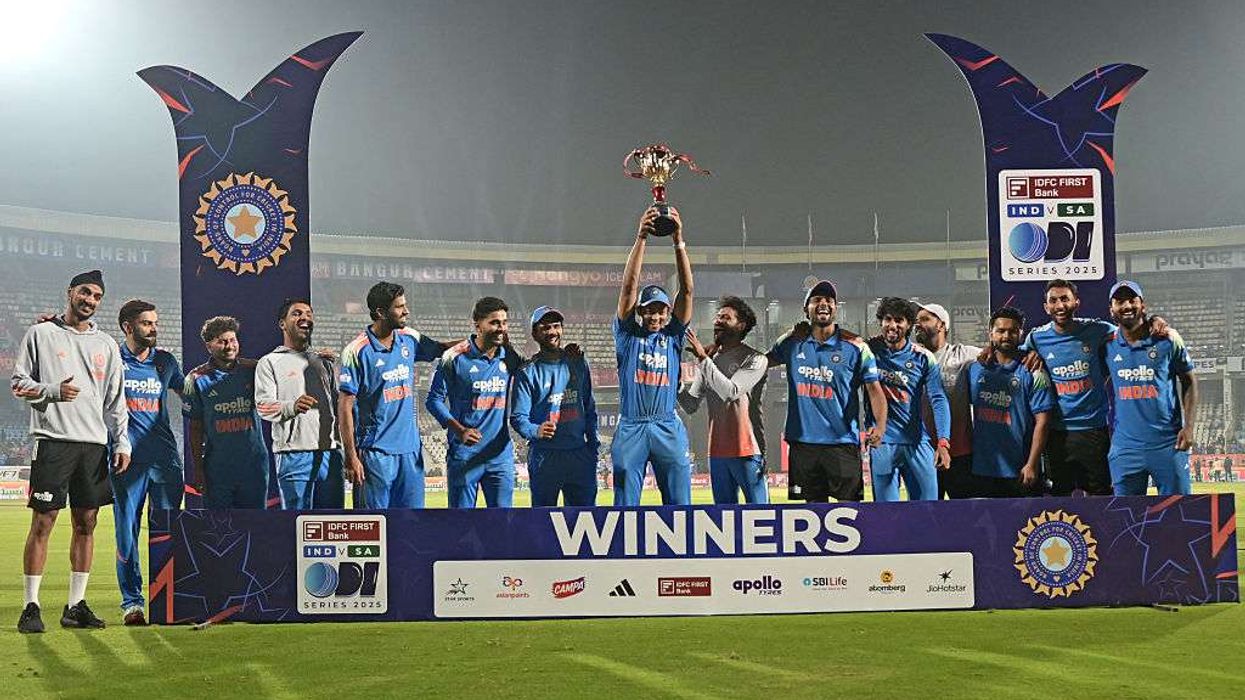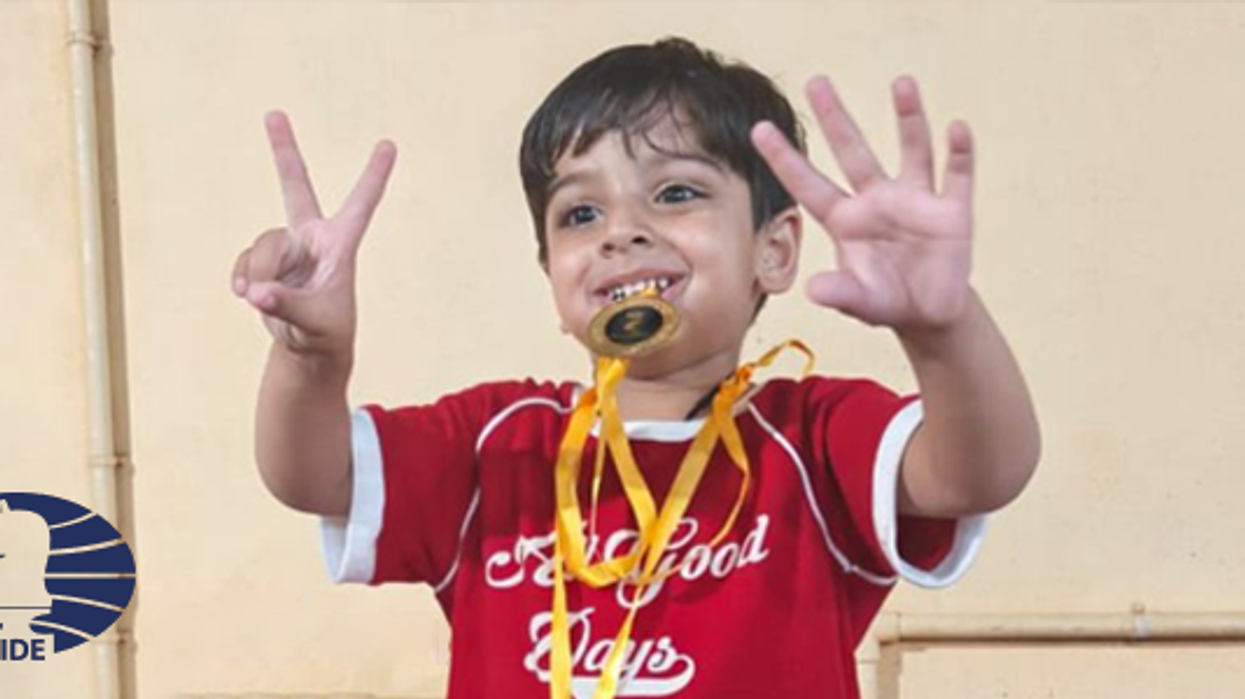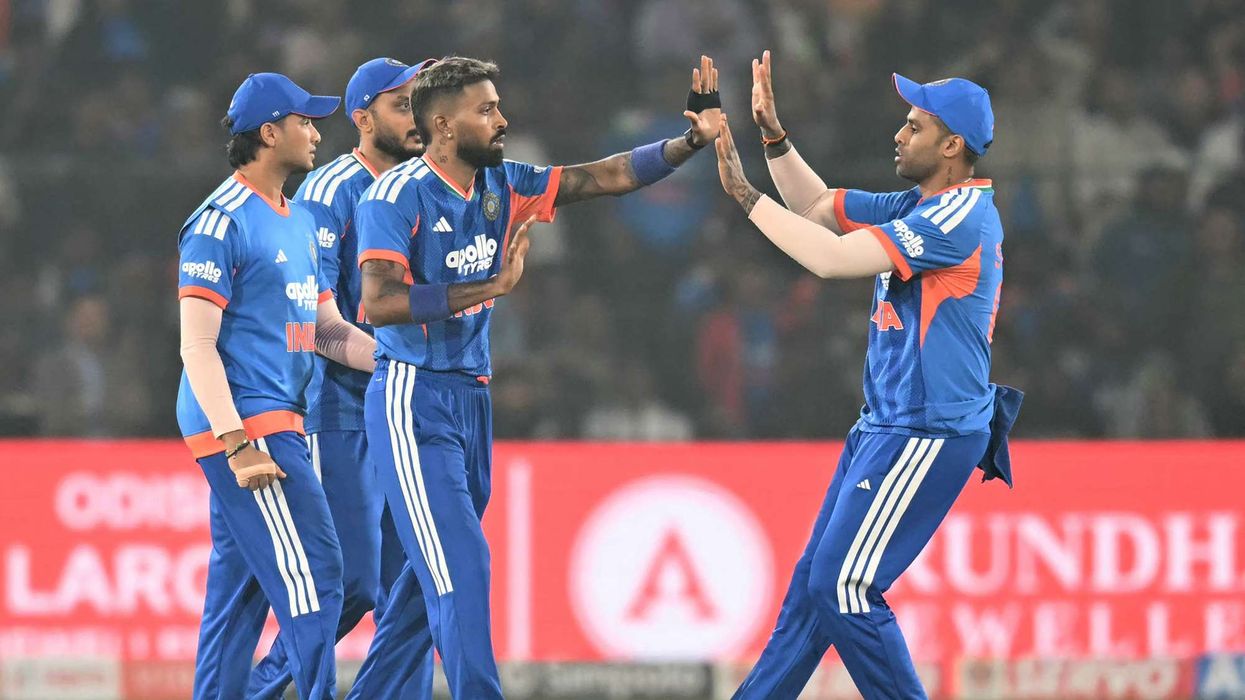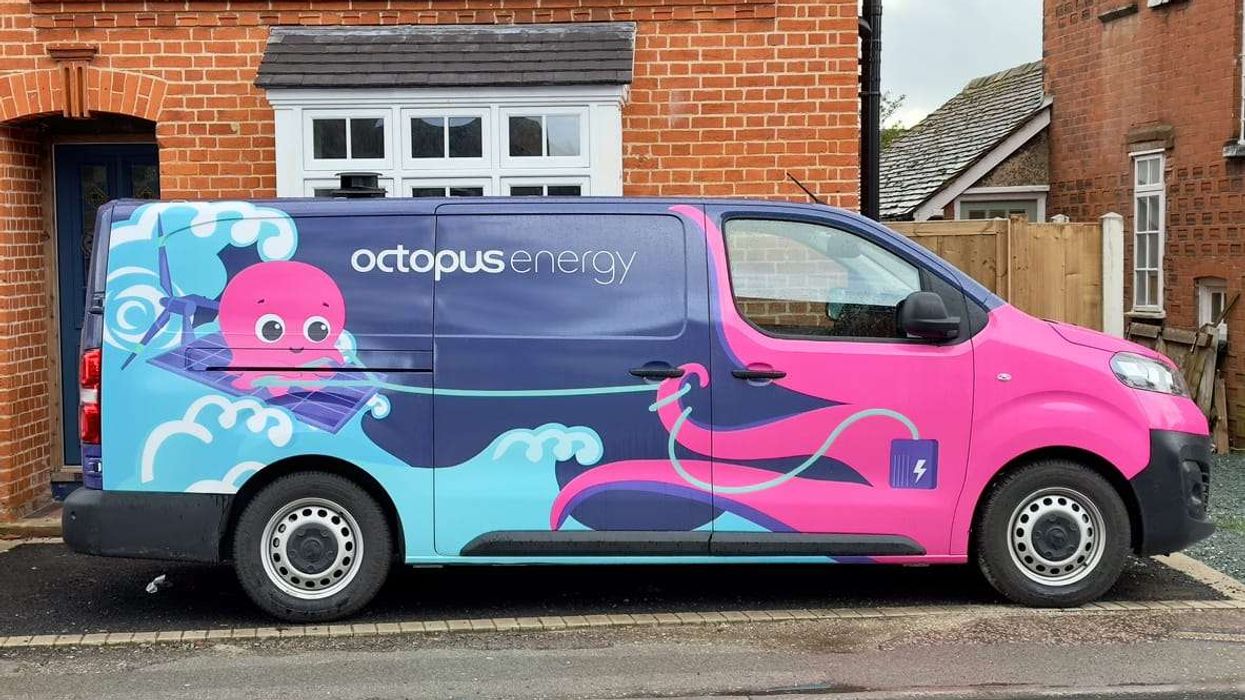NEARLY 150 years after the closure of the Calcutta Football Club led to the creation of rugby's oldest international trophy, a new sevens-format league has been launched this month to help revive the sport in India.
The Rugby Premier League (RPL) features six franchises and brings together top players from the World Sevens circuit with Indian players. The tournament follows rule variations suited to television broadcasts.
Organisers hope to grow the sport locally to the point where India qualifies for the Olympics. They also see potential for the format to influence rugby’s development globally.
‘People have not seen it’
“Rugby in India is not so popular and not because it's not played, it's played in more than 250 districts in India and there's a lot of talent pool available, but because people have not seen it,” said Satyam Trivedi, chief executive of GMR Sports, which is co-organising the league.
“It has not been commercialised, originally or globally. It is a very aspirational sport. In countries like the UK, Australia, New Zealand, it's a private schoolboy sport, which is not how it is seen in India.
I'm sure with the league getting commercials, going on broadcast, some of the finest athletes of the world coming and participating, the audiences will see it and the sport will catch up.”
The launch of the RPL comes as sevens rugby, which grew in popularity after being included in the 2016 Rio Olympics, faces challenges. Budget constraints have led Ireland to end its men’s programme, while Britain’s men’s and women’s teams are set to go part-time by the end of July.
World Rugby plans to introduce a three-division format in 2026 to increase the number of events and improve the sport’s cost-effectiveness and competitiveness.
Franchise model and international talent
RPL squads differ from national team-based World Sevens tournaments. Each franchise consists of five top-tier “marquee” players, five Indian players, and three international “bridge” players.
Scott Curry, who has played 321 matches for New Zealand’s All Blacks Sevens and now represents the Bengaluru Bravehearts, said the franchise model may offer a new path for the sport.
“The World Series has been changing a lot and there's a little bit of uncertainty there but to see something like this, a franchise league ... I think it could be the future of the game going forward for sure,” Curry said.
“Having franchises where players from all over the world can come and play together along with local Indian players is really exciting for our sport.”
Eyes on Olympic entry
Rugby India is also co-organising the league. Its president Rahul Bose believes the RPL could help raise the sport’s profile ahead of a potential Indian bid for the 2036 Olympics.
“After Indian hockey, we want to be the second team, and by that time (2036), it'll be 80 years that there's no other team that's gone to the Olympics from India,” Bose said.
“I'm not counting cricket, which is coming into the Olympics through a different route. But certainly when it comes to sports that have 100-plus nations playing it, like soccer and rugby, we've trained our eyes on that.”
Opportunities before 2036
Manuel Moreno of Spain, who featured in the World Sevens Series dream team last season and is playing for Hyderabad Heroes in the RPL, believes Olympic qualification could come sooner than 2036.
“It's a long way to try to compete with the best teams in the world ... the World Rugby Series, maybe is too far from now but maybe (India can qualify) for the Games as qualification is from the continent,” Moreno said.
“They (India) can do it in the next Olympic cycle. There are only two or three big teams in Asia. So I think they have a real possibility to be in the Los Angeles Games in 2028.”
India’s men finished seventh in the Asian qualifiers for the 2024 Paris Olympics, and the women placed sixth. However, organisers and players believe that exposure to international talent like Curry and Moreno can help local players develop faster.
It may not be long before Indian rugby is known for more than being the origin of the trophy contested annually by England and Scotland.
(With inputs from agencies)
